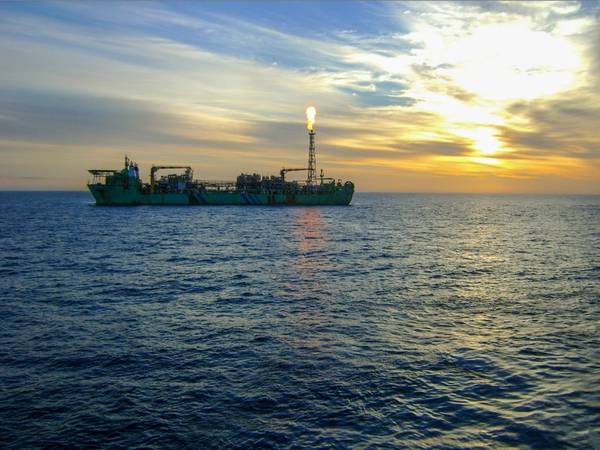
The UK oil and gas regulator on Tuesday issued guidance which it said set out a tougher approach to driving flaring and venting reductions, including the OGA's ability to stop production if flaring and venting is excessive.
"Forecasts suggest oil and gas will continue to play a role in the UK energy mix for the foreseeable future. Some flaring and venting is necessary for safe and efficient production, but the volume can be reduced," the OGA said.
According to the OGA, flaring is responsible for a fifth of UK offshore oil and gas production-related carbon dioxide emissions and 1% of total UK annual CO2 emissions. Vented gas offshore represents about 0.15% of total UK greenhouse gas emissions, including around 1% of total UK annual methane emissions.
Under the OGA guidance, flaring and venting and associated emissions should be at the lowest possible levels in the circumstances.
The OGA said that all new developments pre-Concept Select should be planned and developed on the basis of zero routine flaring and venting.
OGA has also called for zero routine flaring and venting for all by 2030 at the latest. The OGA said it could order production to stop in the case of excessive flaring and venting.
"Operators must inform the OGA as soon as it becomes clear that there is a risk of flaring or venting consent breach. The OGA will only consider consent variations as a last resort option and require adequate time to assess requests. Operators may have to curtail or stop production to stay within consent limits," the OGA said.
Hedvig Ljungerud, Director of Strategy, said: “We are committed to driving down greenhouse gas emissions from the oil and gas sector, both supporting and holding the industry to account in reaching its target to become a net-zero basin by 2050.
“Today’s publication marks another step on that path, with a clear focus, including new developments to be planned on the basis of zero routine flaring and venting. We will monitor actual outcomes closely and reflect in decision-making when operators apply for consents and authorizations.”